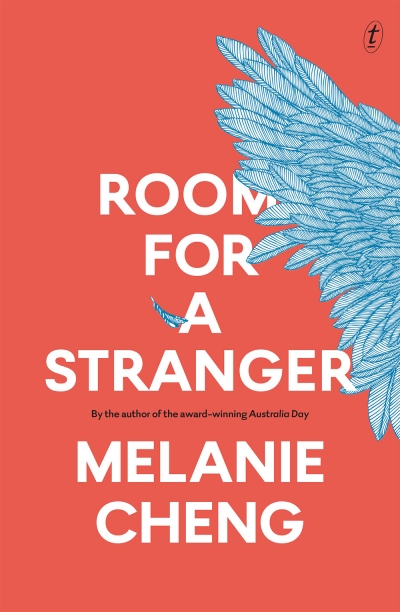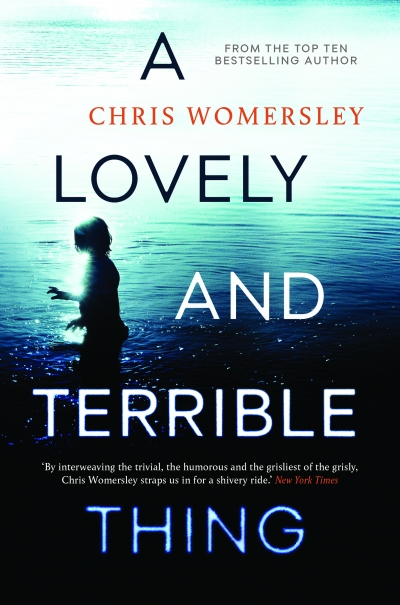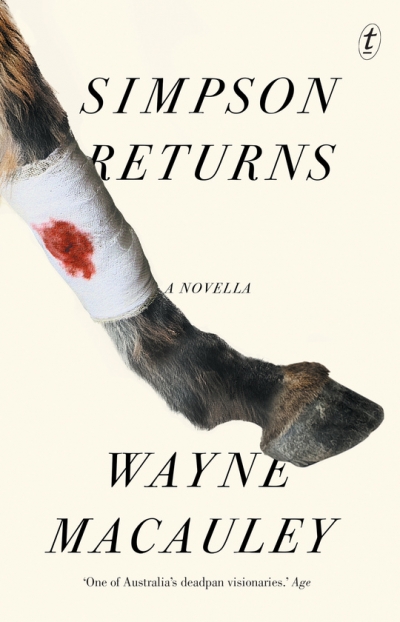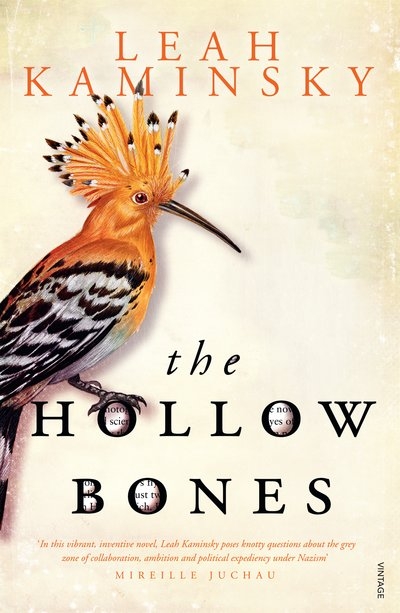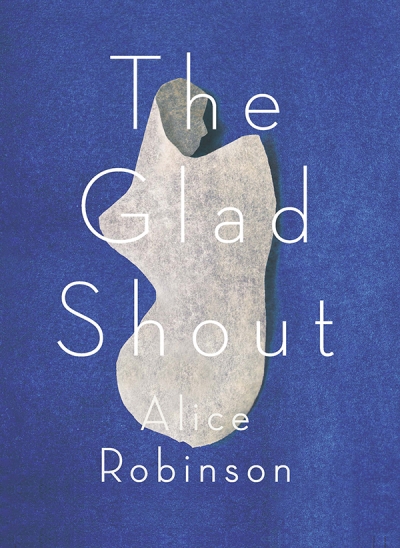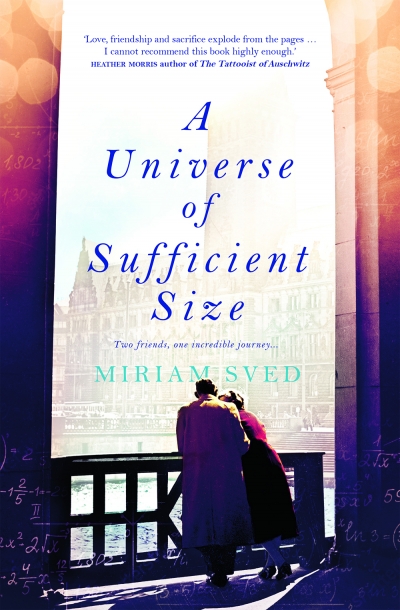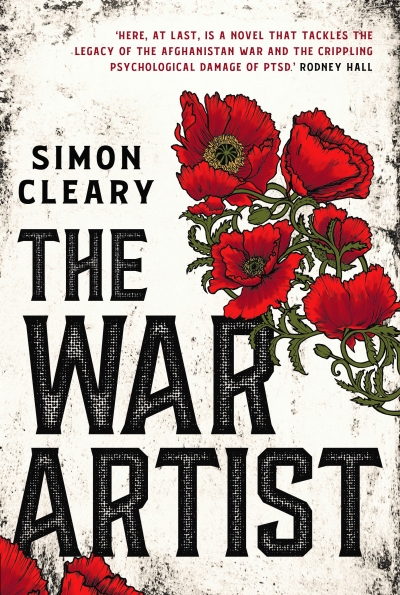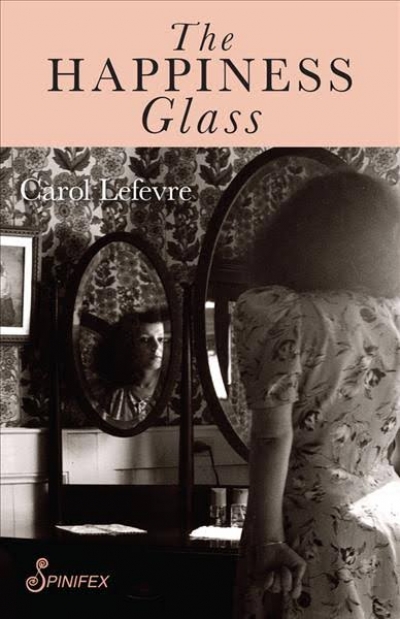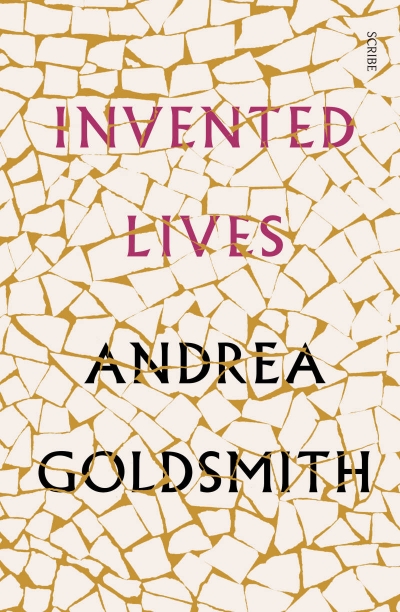Australian Fiction
The plethora of crime stories is such that, in order to succeed, they must either follow a well-trodden narrative path and do so extremely well, or run with a high concept and hope for the best. Having the word ‘girl’ in the title doesn’t hurt. Readers are familiar with genre tropes ...
... (read more)
